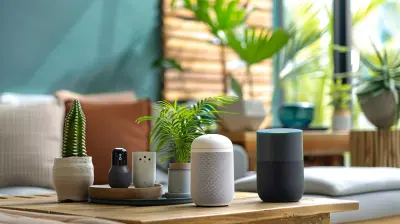The Future of Smart Watches: Health Beyond the Wrist
12 May 2025
Smartwatches have come a long way from just being sleek timepieces with notification alerts. Today, they are like mini healthcare assistants strapped to our wrists. But what if I told you the future of smartwatches goes far beyond tracking your steps and reminding you to stand up?
Technology is evolving at lightning speed, and smartwatches are about to revolutionize healthcare in ways we've only imagined. From monitoring blood sugar levels without a single prick to detecting diseases before symptoms appear—these wrist gadgets are turning into powerful health guardians. So, what’s next for smartwatches? Let’s dive deep into the future of wearable health tech. 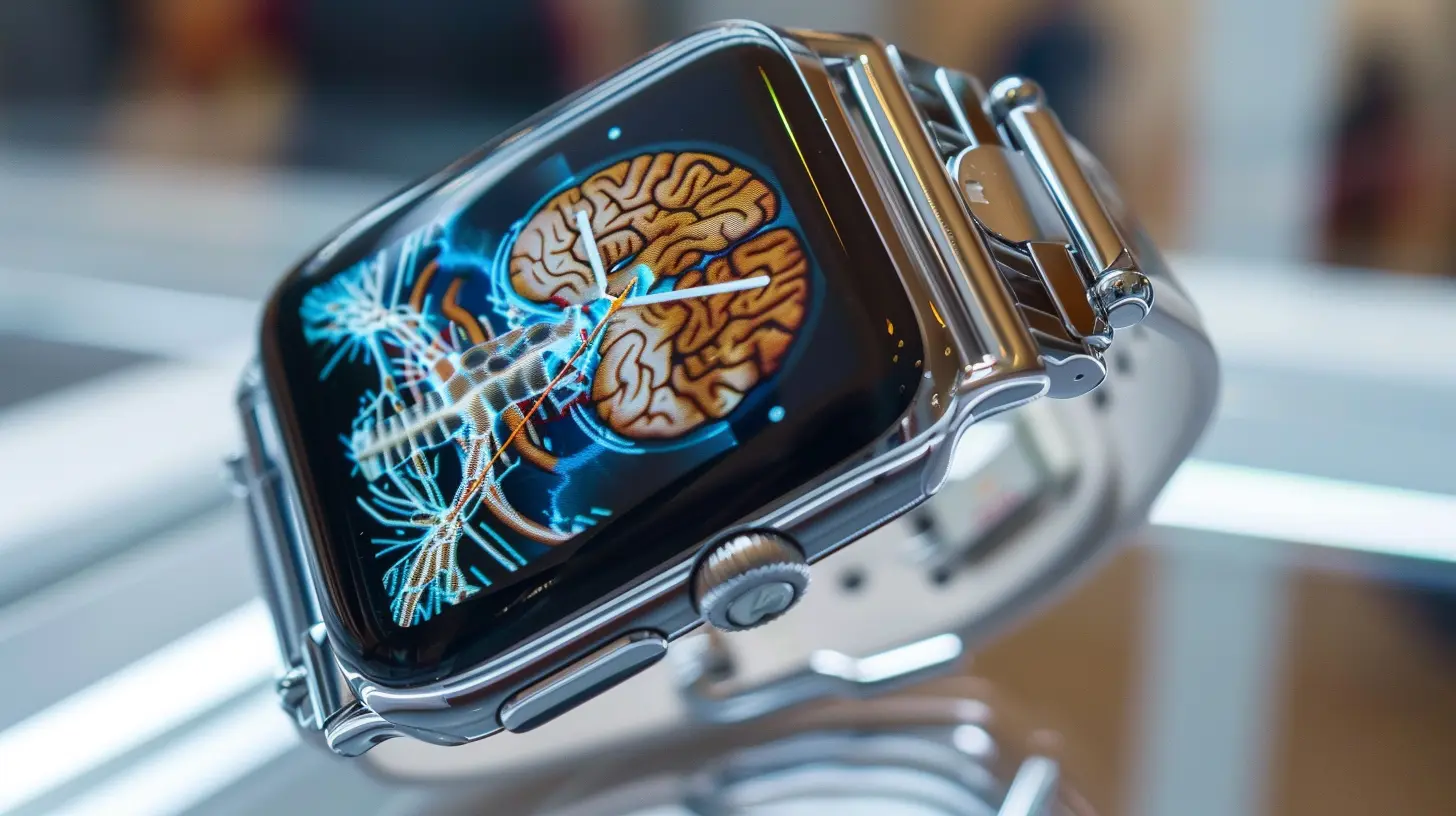
The Current Role of Smartwatches in Health Tracking
Before we jump into the future, let’s take a quick look at what smartwatches already do today. If you own an Apple Watch, Samsung Galaxy Watch, or Fitbit, you’re probably familiar with features like:- Heart Rate Monitoring – Keeps track of your resting and active heart rate to detect irregularities.
- ECG (Electrocardiogram) Readings – Alerts you to potential heart conditions like atrial fibrillation.
- Blood Oxygen Monitoring – Measures SpO2 levels to check how well your body is absorbing oxygen.
- Sleep Tracking – Analyzes your sleep patterns and offers tips to improve rest quality.
- Fitness Tracking – Counts steps, calories burned, and workout effectiveness.
All of these are great, but they barely scratch the surface of what’s coming next. 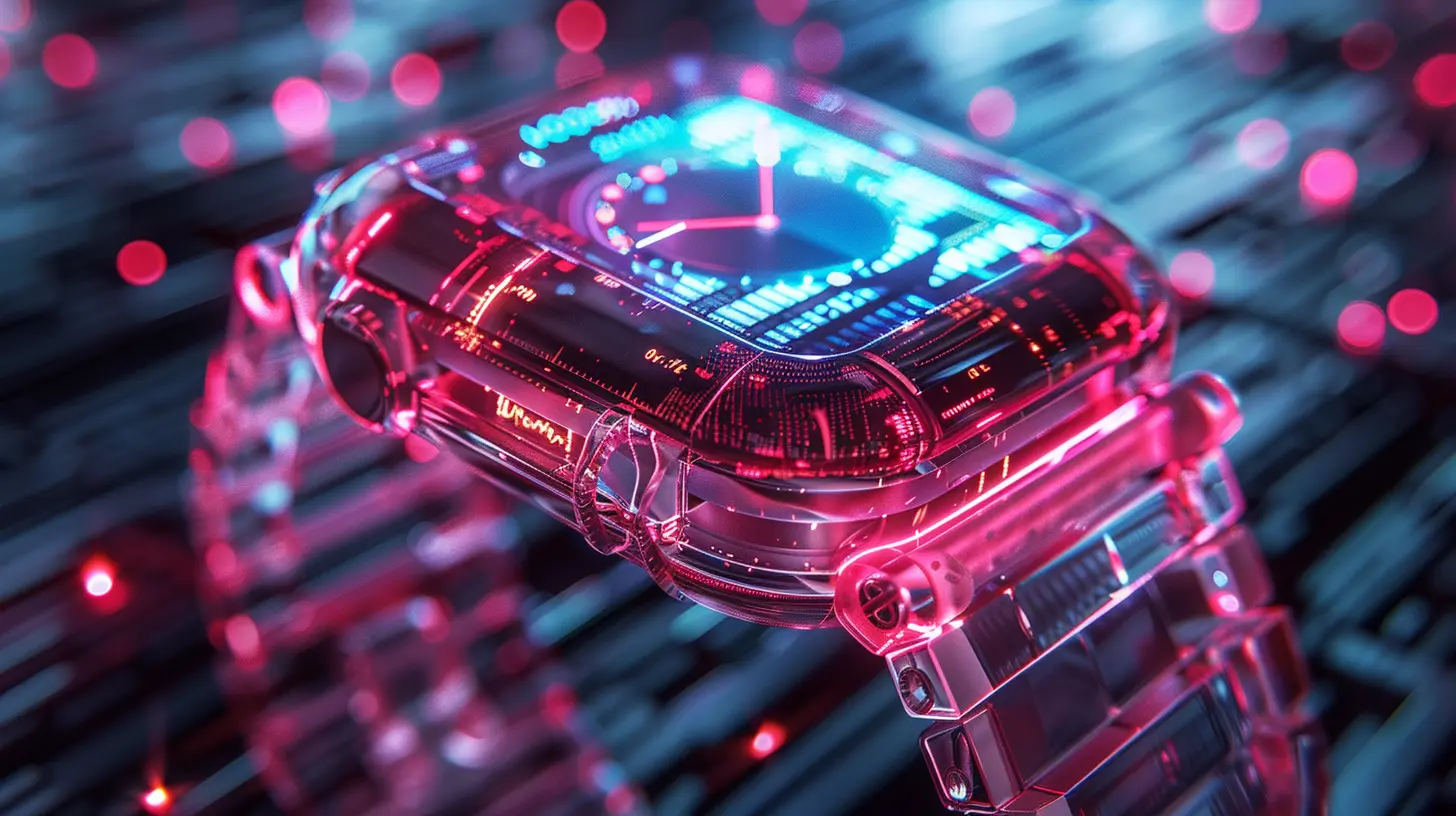
The Next Big Thing: Non-Invasive Glucose Monitoring
One of the most anticipated advancements in smartwatch technology is non-invasive glucose monitoring. For millions of people living with diabetes, monitoring blood sugar levels is a daily necessity—but pricking fingers to test glucose levels can be painful and inconvenient.Tech giants like Apple and Samsung are racing to develop a smartwatch that can measure blood sugar levels without drawing blood. How? Through optical sensors or radio frequency technology that analyze glucose levels through the skin.
Imagine a smartwatch that alerts diabetics when their sugar levels are too high or too low—before they even feel the symptoms. This advancement alone could be life-changing, reducing the need for painful tests and providing real-time data to help prevent complications. 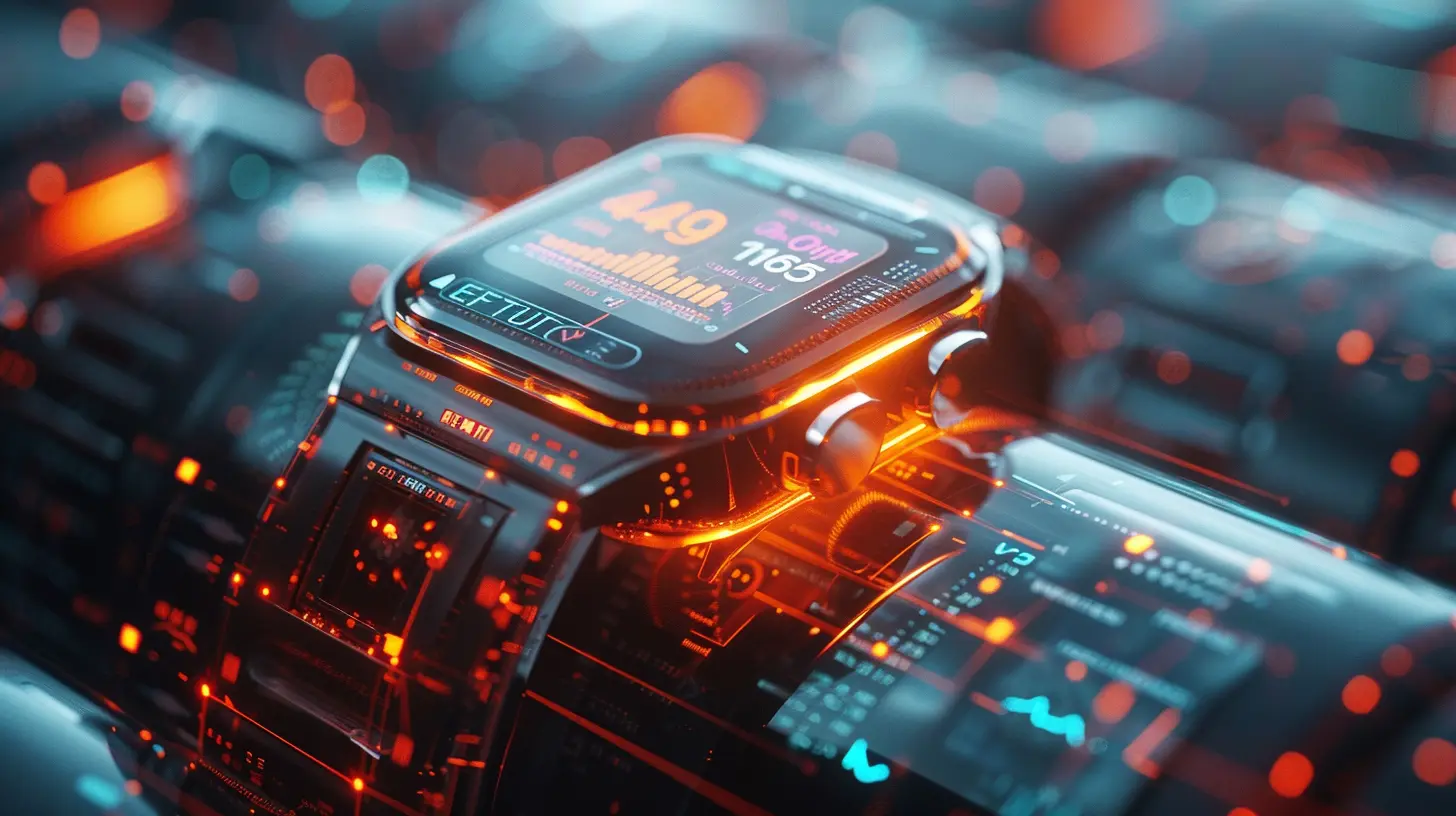
Smartwatches as Early Disease Detectors
What if your smartwatch could detect diseases before you even feel sick? Artificial intelligence (AI) and machine learning are making this a reality.Researchers are developing smartwatches that use continuous monitoring to spot early warning signs of conditions like:
- Heart Disease – By analyzing heart rate variability, irregular patterns, and other vitals, your watch could alert you if you're at risk of a heart attack.
- Parkinson’s Disease – Subtle changes in movement patterns can be early indicators of neurodegenerative diseases.
- COVID-19 and Respiratory Illnesses – Researchers have found that resting heart rate, SpO2 levels, and skin temperature could help detect infections days before symptoms appear.
By acting as an early warning system, smartwatches could help people seek medical attention before a condition becomes serious. 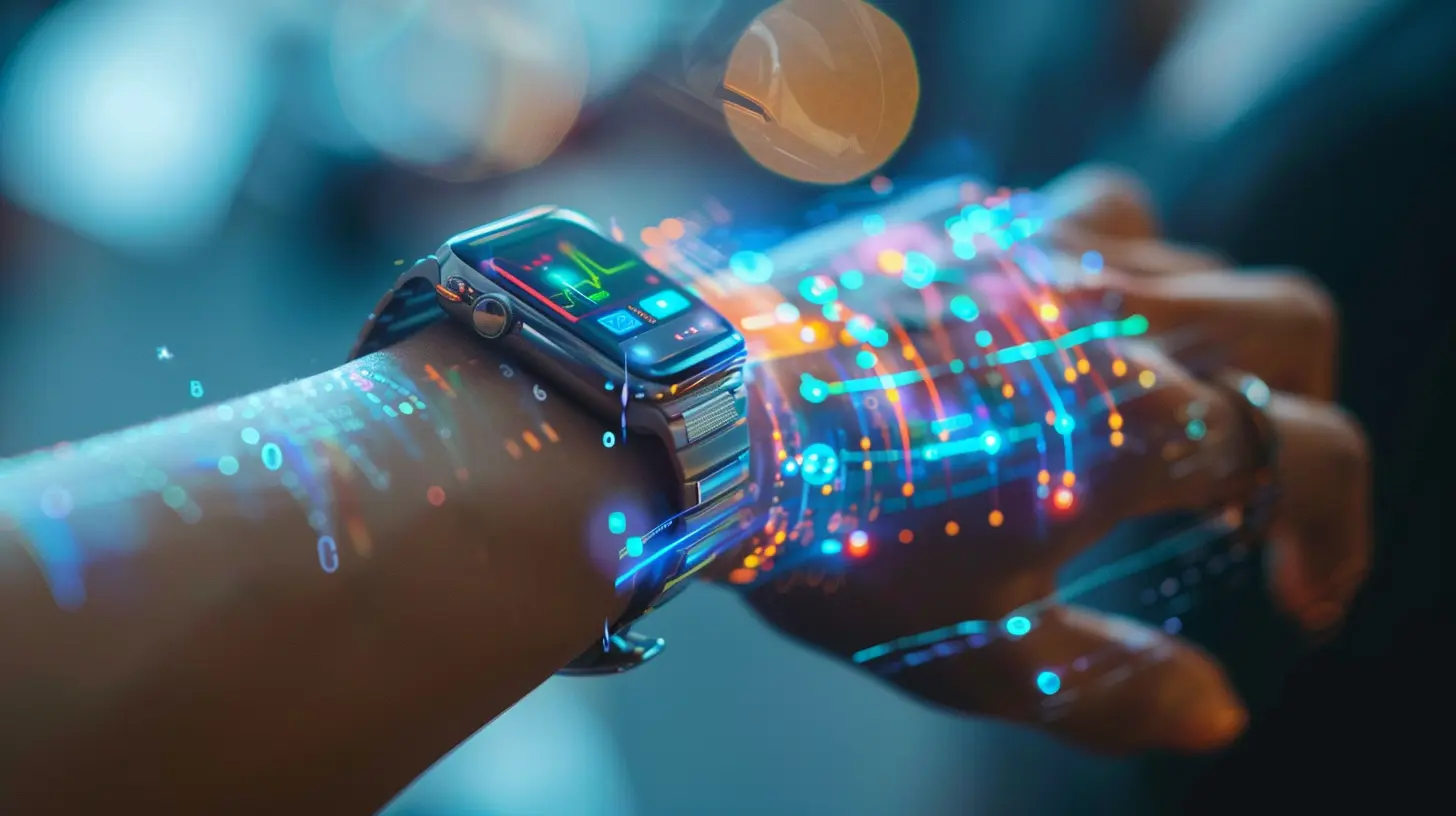
Mental Health Tracking: A Digital Therapist on Your Wrist
If your smartwatch can track physical health, why not mental health too? Stress and anxiety are silent killers, and smartwatches are starting to recognize this.Future smartwatch features could include:
- Stress & Mood Monitoring – Using heart rate variability, skin temperature, and even voice analysis, watches could assess your stress levels in real time.
- Depression & Anxiety Detection – By detecting changes in sleep patterns, activity levels, and heart rate, your watch might recognize signs of depression before you do.
- Guided Meditation & Breathing Exercises – Watches might offer personalized mindfulness sessions based on how stressed or anxious you feel.
Mental health tracking isn't just a gimmick—it could be a game-changer for those who struggle with stress, anxiety, and depression.
Smartwatches & Personalized Healthcare
Healthcare is shifting from a "one-size-fits-all" approach to personalized medicine, and smartwatches are playing a crucial role in this transformation.With continuous data collection, future smartwatches could provide:
- Tailored Fitness Plans – Imagine a personal trainer on your wrist, adjusting workout routines based on real-time body responses.
- Custom Nutrition Advice – Your watch could analyze your metabolic rate and tell you exactly how many carbs, proteins, and fats you need.
- Medication Reminders & Dosage Adjustments – Smartwatches could sync with digital prescriptions and remind you when to take your medication based on your body’s response.
This level of personalization could help people lead healthier, more informed lives with data-driven insights tailored specifically to them.
Future Innovations: Wearables Beyond the Wrist
Here’s where things get really interesting—what if the future of smartwatches isn’t just about the wrist?Tech companies are exploring wearables beyond smartwatches, such as:
- Smart Rings – Lighter, more discreet, and capable of tracking heart rate, sleep, and even temperature changes.
- Smart Glasses – Augmented reality combined with health tracking for real-time insights.
- Skin Patches – Wearable patches that stick to your skin and provide deeper biometric analysis without needing a bulky device.
While smartwatches are leading the way, these alternatives could offer even better accuracy and convenience.
Challenges & Ethical Concerns
Of course, with great power comes great responsibility, and the future of smartwatches isn’t without challenges.Privacy & Data Security
With smartwatches collecting huge amounts of health data, privacy concerns are a major issue. Who owns this data? How can it be protected from hacks or misuse? Regulations need to evolve alongside these advancements to ensure user safety.Accuracy & Reliability
With all these new features, smartwatches must be medically accurate. False alarms for heart conditions or incorrect glucose readings could lead to unnecessary panic—or worse, a false sense of security.Affordability & Accessibility
Cutting-edge health tech is great, but if it’s only available to those who can afford expensive smartwatches, it creates a gap in healthcare accessibility. The challenge is making these innovations available to everyone, not just a privileged few.The Bottom Line
The future of smartwatches is mind-blowing. They are transforming from simple fitness trackers into lifesaving medical tools that go beyond the wrist. With advancements in non-invasive glucose monitoring, disease detection, mental health tracking, and personalized healthcare, these tiny devices are becoming more essential than ever.However, with all this innovation comes great responsibility. Ensuring security, accuracy, and affordability will be the key to making this technology truly beneficial for all.
So, next time you glance at your smartwatch to check your notifications, just remember—it might soon be your personal health guardian, keeping you safe in ways you've never imagined.
all images in this post were generated using AI tools
Category:
Tech InnovationsAuthor:

Adeline Taylor
Discussion
rate this article
4 comments
Andrew Kirkland
Smartwatches: the new health gurus, minus the spa day!
May 18, 2025 at 8:44 PM

Adeline Taylor
Absolutely! Smartwatches are revolutionizing personal health management, providing insights and data that empower users to make healthier choices without the need for a spa retreat.
Ace Wilson
Empowering health innovation! The future looks brighter with smart tech!
May 15, 2025 at 7:25 PM

Adeline Taylor
Thank you! Indeed, smart tech is revolutionizing health monitoring and paving the way for a healthier future.
Kennedy Price
This article insightfully explores the evolving role of smartwatches in health tracking. As technology advances, it's exciting to envision how these devices will integrate more seamlessly into our lives, promoting better wellness. However, it's crucial to balance innovation with privacy and data security concerns.
May 15, 2025 at 4:53 AM

Adeline Taylor
Thank you for your thoughtful comment! I completely agree that while smartwatches have great potential for enhancing health tracking, we must prioritize privacy and data security as technology evolves.
Margaret McKibben
Great insights! As smart watches evolve, integrating more precise health monitoring features could revolutionize personal wellness. Excited to see advancements in non-wrist technology and how they enhance our understanding of health metrics beyond conventional wearable limits. Keep it up!
May 13, 2025 at 3:38 AM

Adeline Taylor
Thank you! I share your excitement about the potential of non-wrist technology to transform health monitoring. It's an exciting time for personal wellness innovation!
